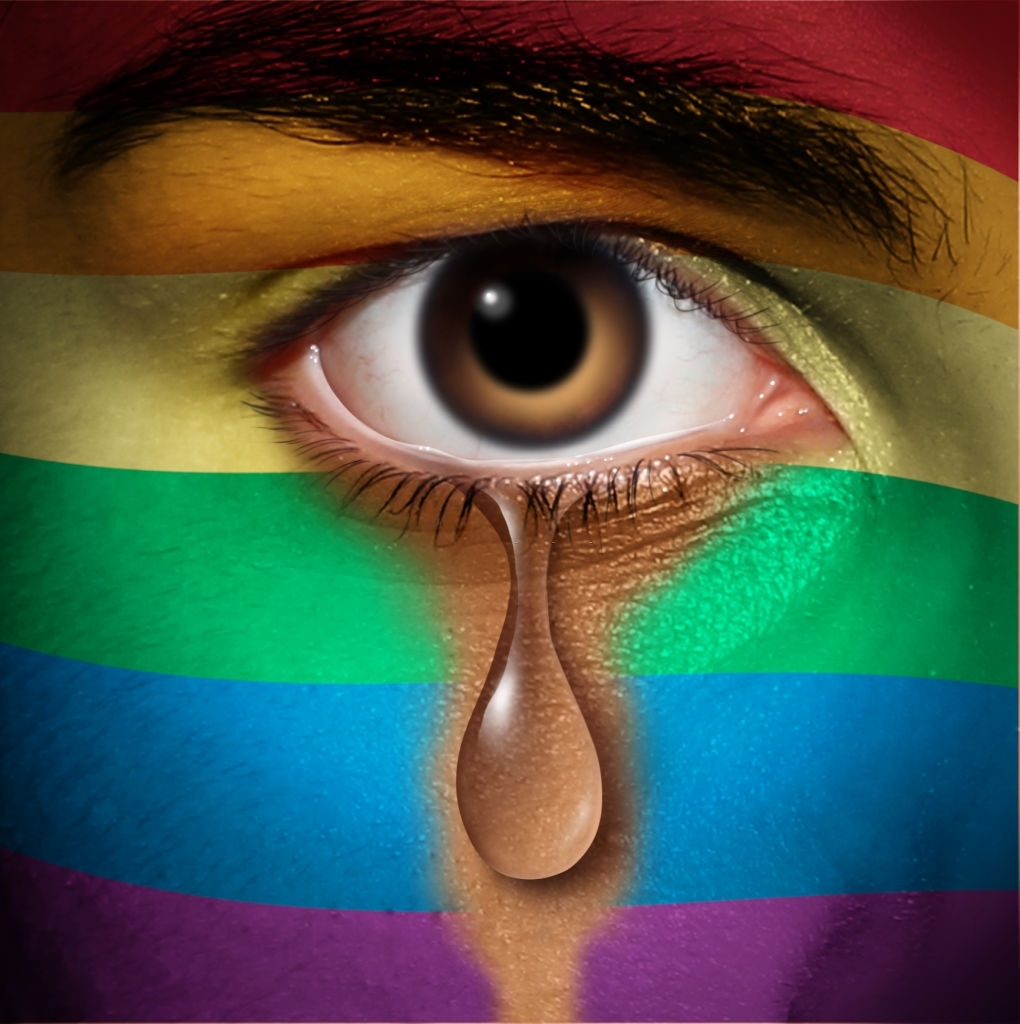The COVID-19 pandemic deteriorates the global community by knocking over modes of employment, lifestyle, and the criminal justice system. The current crisis has been accompanied by an increase in domestic, family, and intimate partner violence cases.
However, the experiences of violence are not uniform. However, it is significant to recognize that different groups will encounter varying challenges. Also, people from diverse groups face barriers according to their position in society. One of the groups is the LGBT (Lesbian, Gay, Bisexual, and Transgender) community. Such community members experience psychological, physical, and even sexual abuse from their intimate partners.
The abusers threaten them to disclose their sexual or gender identity to co-workers to maintain control over them.
Usually, LGBT people experience disparaging comments and outright threats (Hoeg, 2019). These barriers have boosted during the prevailed COVID-19 pandemic.
The viral disease has hit the queer community much harder than the heterosexuals. The queer community members are more likely to experience health issues, specifically mental illness, because of making less money and homelessness due to economic precarity.
The economic disruption and the enforced social distancing have steered the NGOs (non-government organizations) and the activist groups to upraise concerns about the disproportionate suffering of queer communities.
The crisis has magnified the disparities that harm the LGBT people to hinder the queer community victims of domestic violence from leaving violent relationships.
This deadly pervasive virus disrupted social networks for all but the LGBT victims are more prone to it. They are more likely to consider informal sources of assistance than formal support systems. Trans-friendly support services like Stone-Wall Housing, Gallop, and the LGBT Foundation offer queer domestic violence victims.
Research has shown that queer communities stigmatize and experience discrimination and refute services upfront because of gender identity.
Hence, it is evident that it is imperative to understand the operating system’s structure dealing with different groups of victims to understand the implications of domestic violence experiences across society. These issues, rather than disappearing, have been exaggerated during the pandemic.
Immediate resources are required to help victims of domestic violence. And these services must be focused on rehabilitating queer victims.
Additionally, public awareness seminars, campaigns, and education sessions regarding people’s problems are also demanded. This situation entails educating the public on the issue and prompting victims that they are not alone. They need to be ensured that individuals and organizations have their back, and they can help them out of the violent relations and abuse lifestyle.
Though these demands have risen by NGOs and other concerned groups, they still ask for the need to amplify to secure the LGBT victims from the menace.
Reference
Hoeg, E. (2019). One of four LGBT people experiences hate speech. The Journal of Gender Research. Retrieved from http://kjonnsforskning.no/en/2019/03/one-four-lgbt-people-experience-hate-speech

